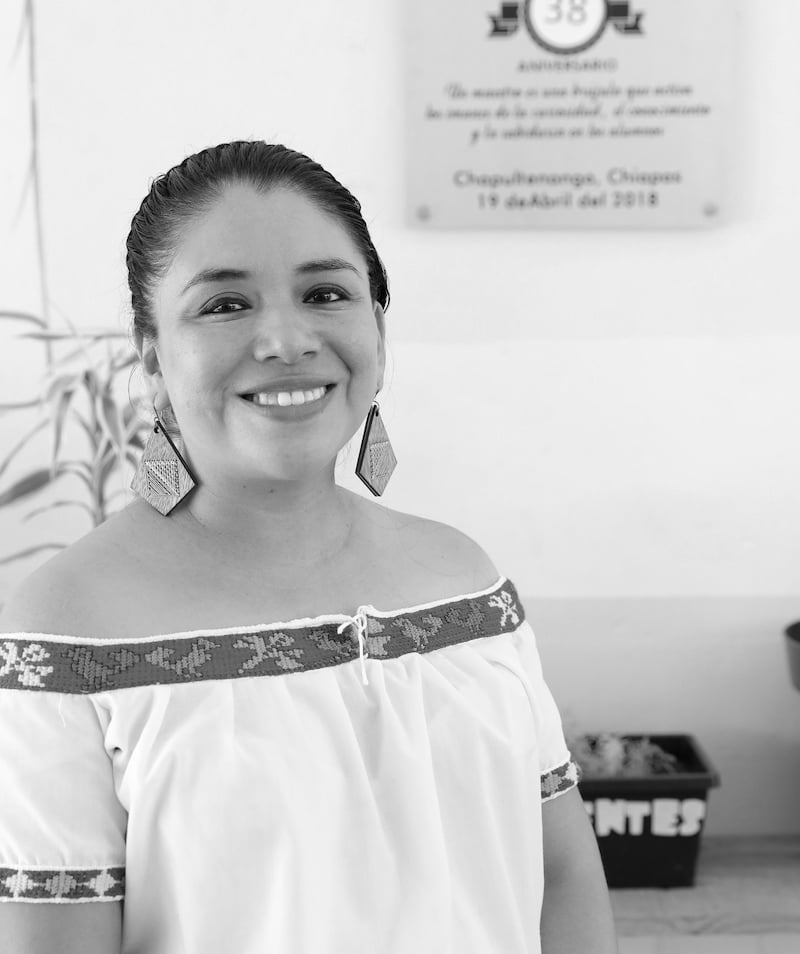translated from the Spanish by Wendy Call and Shook
Oh god if you exist
I’ve never doubted your existence
—Nancy Morejón
No one knows their names
or their pleas that would open every border
in heaven and hell
To the passerby they’re just Black men
newly arrived in Barcelona
no job
no Spanish on their tongues
Maroons who walk the street
hawking trinkets
their hunger and angst put on display
before the gaze of nosy tourists
They have a God
I have a God
and I rue their bad luck
having to run every time the Mossos
d’Esquadra
chase them to jail
lumping them in with thieves and
murderers
Sometimes I go down La Gran Avenida
or down the Barceloneta or down Las
Ramblas
and I see all those Black men
spreading their white blankets on the ground
as if they’ll soon return to sea
flying the sail of the promised land
the land that became a mirage
So all they have left is the drifting
dinghy of their hearts
the castaway’s jagged rocks
where each is a distressed bird
But they have a God
that they hold close
with the faith of a child
and the hope of a suicide
That’s why even in the rain
they all sing their bad luck
and none of them care about this city
that can’t pronounce their names
Because they have a God that smells of
acacia
that tastes of ether and loneliness
And they each have a white blanket
that easily opens and closes
hawking trinkets
to sustain the hungry
a sheet that can be folded and tied up
so they can run far
far away from the Mossos d’Esquadra
from xenophobia
from the blindness of God
Todos somos cimarrones
Oh dios si existes
No he dudado de tu existencia
—Nancy Morejón
Nadie conoce sus nombres
ni sus ruegos que abrirían todas las
aduanas
del cielo y del infierno
Para los viandantes sólo son negros
recién llegados a Barcelona
sin empleo
sin español en la lengua
cimarrones que van por la calle
con su venta improvisada de baratijas
gente que extiende su hambre y su
asombro
ante la mirada de turistas y fisgones
Ellos tienen un Dios
yo tengo un Dios
y me lamento por su mala suerte
de correr cada vez que los mossos
d’esquadra
vienen tras de ellos a encarcelarlos
a juntarlos con ladrones y homicidas
A veces voy por la Gran Avenida
o por la Barceloneta o por las Ramblas
y veo a todos aquellos hombres negros
que extienden su manta blanca sobre el piso
como si de pronto volvieran al mar
y ondearan las velas de la tierra prometida
la tierra que un día se les volvió espejismo
Entonces sólo les queda la barca
de sus corazones a la deriva
la piedra del naufragio
donde cada uno es un pájaro que gime
Pero ellos tienen un Dios
que guardan bajo su sombra
con la fe de un niño
y la esperanza de un suicida
Por eso aún bajo la lluvia
todos cantan su mala suerte
y a ninguno le importa esta ciudad
que no sabe pronunciar sus nombres
Porque ellos tienen un Dios que huele a
acacias
que sabe a éter y soledad
Y también tienen una manta blanca
que se abre y cierra fácilmente
una venta improvisada de baratijas
para sostener el hambre
una manta que se dobla y amarra
para poder correr lejos
muy lejos de los mossos d’esquadra
de la xenofobia
y de la ceguera de Dios
Mumure’ Nhtä’ Yäjktampä
Dä’ ngomi uka yijtubäre
dejurä’ mij’ jamdzäjkpatzi
—Nancy Morejón
Ni’is ji’ myusaya’e nyiäyiram
teserike kyonuksku’tyam aku’ajkyajpabä’jinh te’ anhtunh’tam
tzajpis’nyi’e teserike yatzipä’räjk’kisnyi’e
Wijtyi’ajpapä’koroya yäjktampä’ pänh’tamte’
jomemi’tyajupäma Barcelona’kupkuy’omo
jana’ yosyi’kuyjinh’tampä
ji’ myusyi’a’e’päis tzyi’apya’ä kastiya’ore
yäjktampä pänhtam’ makyapapä tunh’omo
ma’a’ wyjtyi’ajpapä
pänh’tam yisanh’sajyaj’papä’is yose’ teserike nyi’atzku’tyam
eyapäis wynanh’omoram
Te’is nyi.’ ijtyaju nhkyomi
äjtzi ijtkeruri äj’ nhkomi
tese’ yajk’ maya’yajpatzi tyi’oyaistam
myajk’kyaräjpa’ankä te mossos d’esquadras’tam
jujtzyi’e myta’ yanhku’kamä’yaräi
yajk’ tumya’räi numyajpapä’jinh teserike yajka’oye’jinh’tam
Wenenh’omo makatzi mujapä tunh’omo
makatzi Barceloneta makatzi Ramblas
tese’ a’myajpatzi mumu’ te’ yäjtampä pänhtam
tyi’okyajpapäis popo’pä tyi’uku’ najs’käjsi
makajse wyruya’e mäja’ meya’omo
makajse nu’kya’e syi’utya’räjpamä
te’ kupkuy’ jina’ yispäjkya’epä, nhkysa’yaräjpamä’
Jiksekanhte’ tzäpyapä tekoroya’ram
topyapä’tzokoy
te’ tyi’umpä konuks’kuy
juwä’ mujspa’ jonh’tzyijse’ toyapäjk’kya’ä
Te’is nyiä’ ijtyaju tumä nhkyomi tanä’ompapä
kyäwä’nyi’ajpapä kyämunh’nhkämä
une’is wyanh’janhmoky’usyi’e
yajka’oye’is wyanh’janhmoky’usyi’e
Tekoroya tuj’omo
mumu’ kasäjpa watyajpa
jyampä’yajpa yä’ mäja’kupkuy
jurä ni’is ji’ nhjyajm’jayaräi nyi’oyiram
Te’istam nyiä’ ijtyi’aju nhkyomiram
sunyi’ ompapä
nyiä’ ijtyajkeruri’ tumä popo’ruku
aku’ajkpapä sunyi anhkam’papä
nyiä’ ijtyaju tumä ma’a
wäkä jana’ yos’kaya’ä
nyiä’ ijtyaju tumä popo’ruku nhtä’ pakspapä nhtä’ sinh’papä
wäkä mujsä pyoya’ä ya’yi
jene yayi ji’ nhkyäpatyi’a’emä te’ mossos d’esquadras’tam
ji’ nhkyäpatyi’a’emä te’ nhkysa’yajpapäis yäjktampä pänhtam
ji’ nhkyäpatyi’a’emä nhtä’ nhkomi’is tyi’o’tyi’ajkuyis
From How to Be a Good Savage by Mikeas Sánchez. Translated from the Zoque and Spanish by Wendy Call and Shook. Copyright © 2024 by Wendy Call and Shook. Used with the permission of Milkweed Editions, milkweed.org

